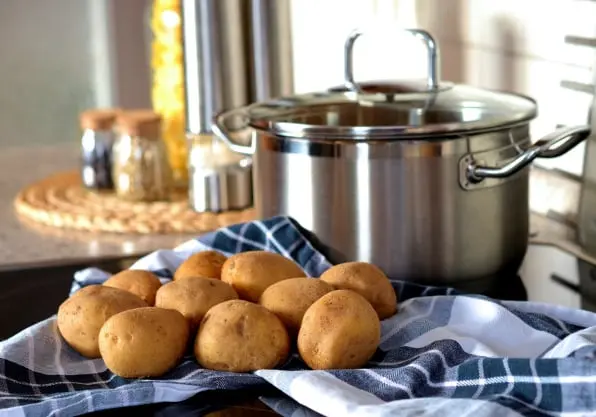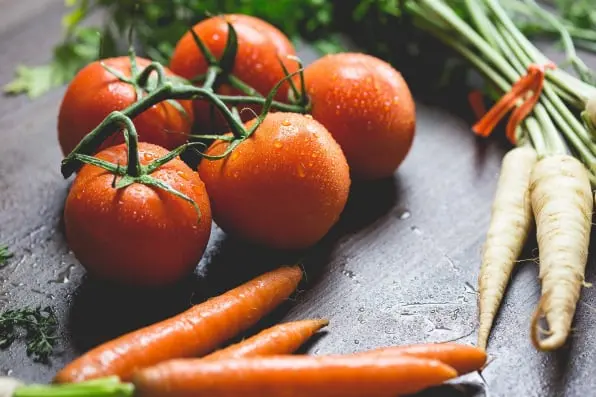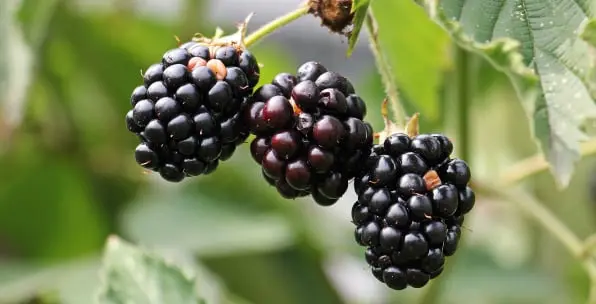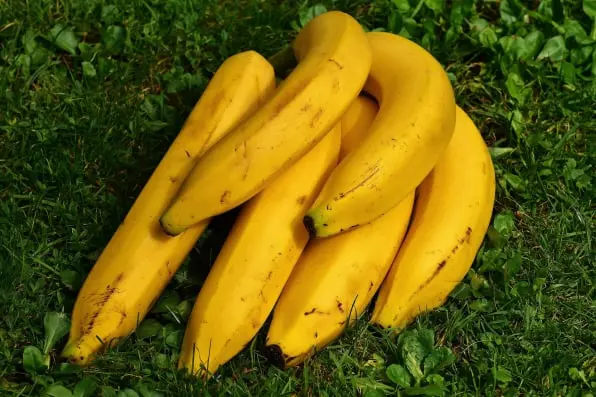Banana packing app:
Banana packing app for rapid washing, treatment, sorting, and packing of bananas for domestic and export sales. Full banana inventory storage, traceability, quality control, sales, shipping, shipping container management, export management. Less banana waste, faster banana packing, better profits.

Banana Packing App 100% production & order shipping
View Packing App Specifications.
Packhouse practices for bananas
Packhouse practices include the activities from the moment the products arrive at the collection station or packhouse to the moment of transport to the intended market. Dividing the bunch into smaller units, washing, sorting and packing are among the main activities. Good packaging is a requirement to maintain a good quality of banana throughout the rest of the supply chain. This also applies to good temperature management. Furthermore, proper cleaning and sanitizing of building and equipment is part of good packhouse practices.
Contact an expert
bananen 3.jpg
Well regulated and controlled processes
The activities at the packhouse must be well regulated and controlled. The process of washing, cutting, grading and packing is always well supervised. The skin is vulnerable to damages. Always handle bananas carefully. Packing in cardboard boxes with bags is done in such a way that it provides a high humidity and a good protection against abrasion damage during transport. Bananas should be rapidly cooled after harvest. However, bananas should not be stored below their critical temperature, as chilling injury may then occur which would result in risks on discolorations of skin, poor flavour and increased susceptibility to decay.

Banana packing app manages food safety, audits, recalls
The banana is one of the oldest cultivated plants in the world. Botanically, it is a berry, belonging to the Musaceae family. Originally from tropical Asia, it has become widespread throughout the tropical and subtropical regions of the earth.
The banana plant develops a false trunk (pseudostem) composed of leaf sheaths, from the center of which there emerges the apical flower and fruit spike.
Bananas, which are very popular because of their high carbohydrate content (mainly as glucose) and because of their aromatic taste, are harvested all year round.
The banana spike is known as a bunch. A bunch is composed of a series of hands. The individual fruits are called fingers. The following terminology is used:
1 banana = 1 finger
5 – 7 fingers = 1 cluster
15 – 20 fingers = 1 hand
8 – 14 hands = 1 bunch (= 200 bananas)
Bananas are divided into the following varieties:
Dessert bananas, which are suitable for eating fresh (fleshy, sweet, flavorsome)
Baby bananas, a miniature variety of dessert banana, which has recently enjoyed ever greater popularity
Cooking bananas, which have to be cooked before eating (mealy, starchy, plantains)
Fiber bananas, which are used for obtaining fibers (abaca, Manila hemp)

Banana Packing App for reduced food & fresh produce waste
Packing bananas
09.07.2020
Banding is the ecologically sensible packaging for bananas. A band holds bananas together and is an information carrier. There is also a solution for shelf life.
There are many ways to pack bananas. In exceptional cases, it may also make sense to pack bananas in plastic. The most common reasons for this are traceability, the distinction between organically and conventionally grown bananas or the longer shelf life and thus less food waste. Bands made of paper or recyclable film are usually still the better option.
Banding can not only be printed in advance and thus take over the branding, but also be dynamically blended with codes and data of all kinds and information about the producer during manual or fully automatic banding. Traceability is thus guaranteed.
Differently printed bands identify organically or conventionally grown bananas.
Did you know that the ripening process of bananas can be slowed down if the stalk is wrapped airtight with cling film? The film prevents the natural ripening gas ethylene from reaching other parts of the fruit and causing it to ripen too quickly.

Banana packing app manages supplier food quality and traceability
The banana is one of the most important perishable commodities in international trade. Cargoes of bananas are carried either in the holds of reefer (refrigerated) vessels or in refrigerated shipping containers. A voyage may take a few days or several weeks from the loading to the discharging port. Over the past decade, the banana trade has been fast-moving to almost full containerization. The international banana trade is based on the harvesting and transportation of hard, green, unripe fruit, which is later ripened in the country of consumption. The lowest temperature at which bananas may safely be shipped is in the region of 13.3°C, which is optimal for extending postharvest life. At temperatures below this critical value, there is a risk of chilling injury. In contrast to most other fruit commodities, bananas are usually presented to the carrier at ambient temperature. It is the task of the ship or container to cool them safely to the carriage.